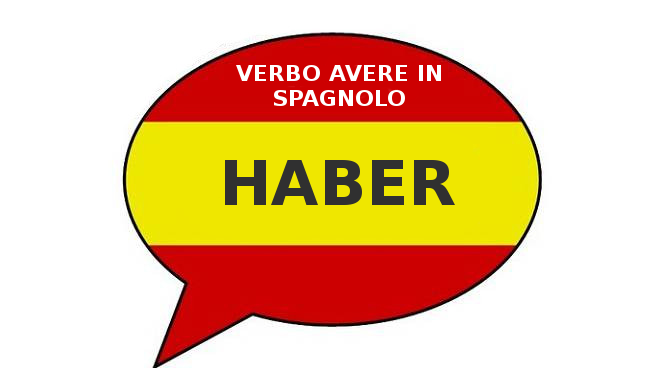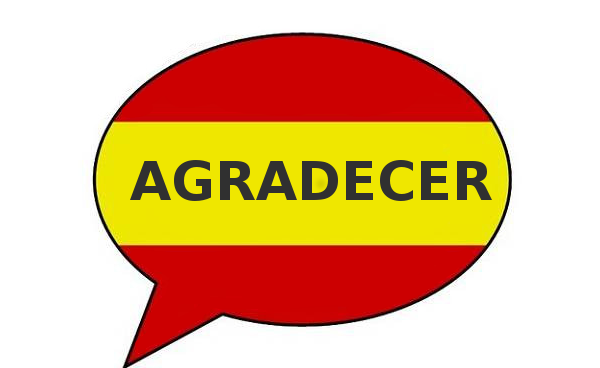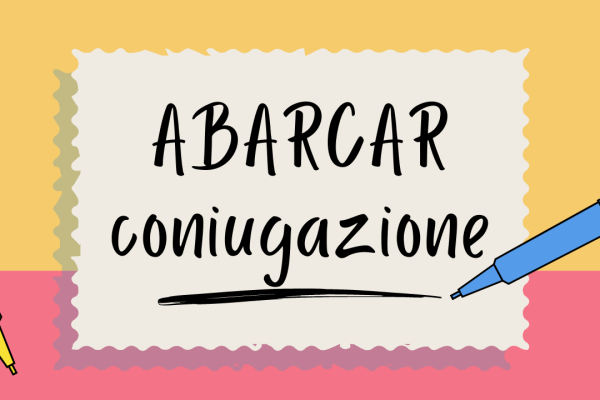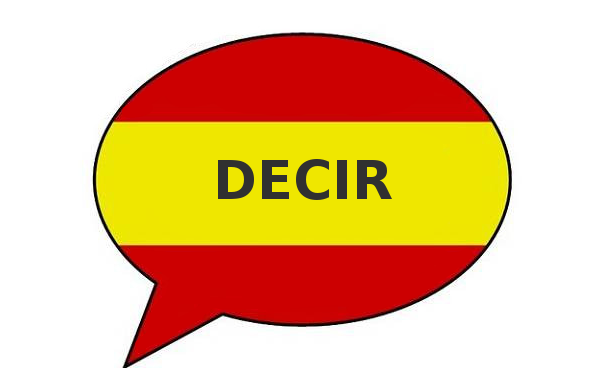Il verbo avere in spagnolo può sembrare difficile, soprattutto perché si può tradurre sia con haber che con tener.
Qui ti mostrerò le coniugazioni del verbo avere in spagnolo (HABER).
Clicca qui per l’articolo che ti aiuta a capire quando si usa haber e quando tener in modo semplice.
Clicca qui per il verbo TENER
Verbo avere in spagnolo: HABER
Esempi di frasi in spagnolo con il verbo haber.
| Infinitivo: | haber |
| Participio: | habido |
| Gerundio: | habiendo |
NB: Quando vedi due versioni del verbo, separate da una / (come ad esempio hubiera/hubiese), significa che entrambe le forme sono corrette e puoi usarle indistintamente.
Indicativo |
|
| Presente | | yo | he | | tú | has | | él | ha | | nosotros | hemos | | vosotros | habéis | | ellos | han |
| | Pretérito perfecto compuesto | | yo | he habido | | tú | has habido | | él | ha habido | | nosotros | hemos habido | | vosotros | habéis habido | | ellos | han habido |
|
| |
| Pretérito imperfecto | | yo | había | | tú | habías | | él | había | | nosotros | habíamos | | vosotros | habíais | | ellos | habían |
| | Pretérito pluscuamperfecto | | yo | había habido | | tú | habías habido | | él | había habido | | nosotros | habíamos habido | | vosotros | habíais habido | | ellos | habían habido |
|
| |
| Pretérito perfecto simple | | yo | hube | | tú | hubiste | | él | hubo | | nosotros | hubimos | | vosotros | hubisteis | | ellos | hubieron |
| | Pretérito anterior | | yo | hube habido | | tú | hubiste habido | | él | hubo habido | | nosotros | hubimos habido | | vosotros | hubisteis habido | | ellos | hubieron habido |
|
| |
| Futuro | | yo | habré | | tú | habrás | | él | habrá | | nosotros | habremos | | vosotros | habréis | | ellos | habrán |
| | Futuro perfecto | | yo | habré habido | | tú | habrás habido | | él | habrá habido | | nosotros | habremos habido | | vosotros | habréis habido | | ellos | habrán habido |
|
| |
Subjuntivo |
|
| Presente | | yo | haya | | tú | hayas | | él | haya | | nosotros | hayamos | | vosotros | hayáis | | ellos | hayan |
| | Pretérito perfecto | | yo | haya habido | | tú | hayas habido | | él | haya habido | | nosotros | hayamos habido | | vosotros | hayáis habido | | ellos | hayan habido |
|
| |
| Pretérito imperfecto | | yo | hubiera / hubiese | | tú | hubieras / hubieses | | él | hubiera / hubiese | | nosotros | hubiéramos / hubiésemos | | vosotros | hubierais / hubieseis | | ellos | hubieran / hubiesen |
| | Pretérito pluscuamperfecto | | yo | hubiera habido / hubiese habido | | tú | hubieras habido / hubieses habido | | él | hubiera habido / hubiese habido | | nosotros | hubiéramos habido / hubiésemos habido | | vosotros | hubierais habido / hubieseis habido | | ellos | hubieran habido / hubiesen habido |
|
| |
| Futuro | | yo | hubiere | | tú | hubieres | | él | hubiere | | nosotros | hubiéremos | | vosotros | hubiereis | | ellos | hubieren |
| | Futuro perfecto | | yo | hubiere habido | | tú | hubieres habido | | él | hubiere habido | | nosotros | hubiéremos habido | | vosotros | hubiereis habido | | ellos | hubieren habido |
|
| |
Condicional |
|
| Condicional | | yo | habría | | tú | habrías | | él | habría | | nosotros | habríamos | | vosotros | habríais | | ellos | habrían |
| | Condicional perfecto | | yo | habría habido | | tú | habrías habido | | él | habría habido | | nosotros | habríamos habido | | vosotros | habríais habido | | ellos | habrían habido |
|
| |
Imperativo |
|
| Afirmativo | | (tú) | he | | (él) | haya | | (nosotros) | hayamos | | (vosotros) | habed | | (ellos) | hayan |
| | Negativo | | no | hayas | | no | haya | | no | hayamos | | no | hayáis | | no | hayan |
|
Ricordati che il verbo “haber” si usa con:
Il verbo HABER, invece, si usa principalmente in due occasioni:
- Come ausiliare per formare altri tempi verbali (ad esempio il pretérito perfecto compuesto): yo he comido = ho mangiato.
- Formare una perifrasi impersonale: Hay que estudiar mucho para aprender = Bisogna studiare molto per imparare
- C’è/ci sono: Hay un gato en la ventana y hay dos perros en la calle = c’è un gatto sulla finestra e ci sono due cani in strada
Per la spiegazione completa, clicca qui.





